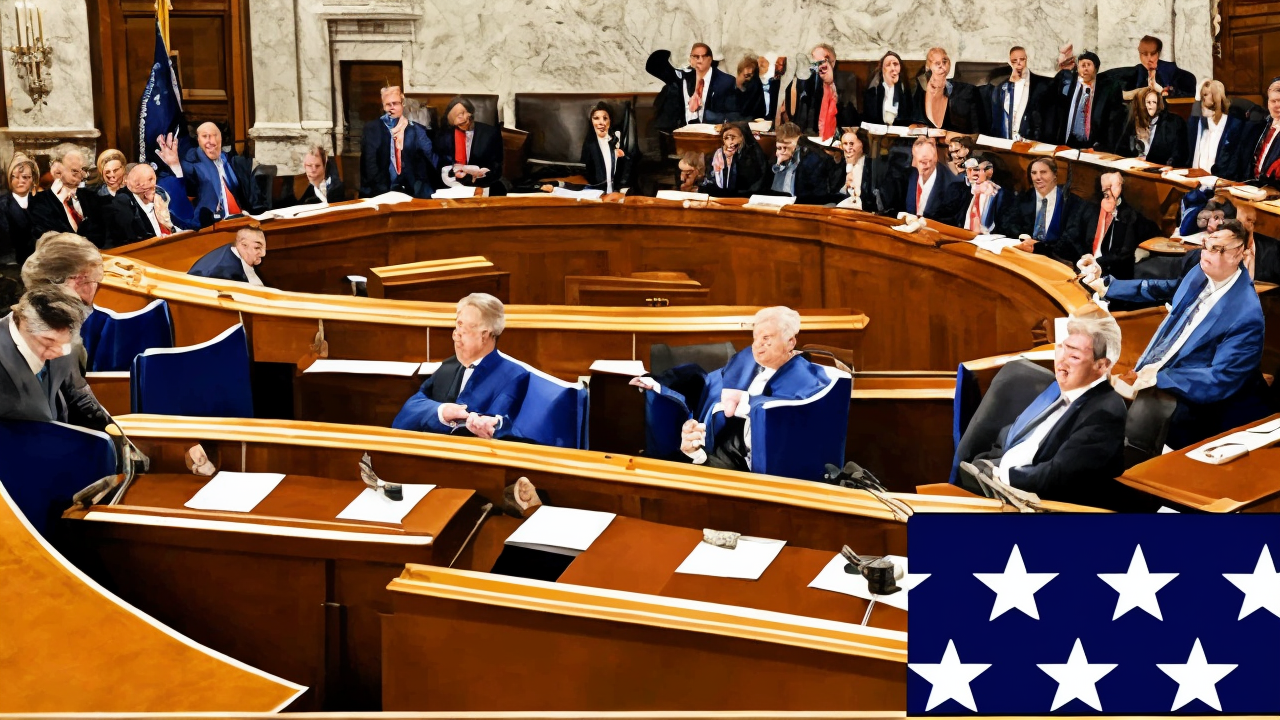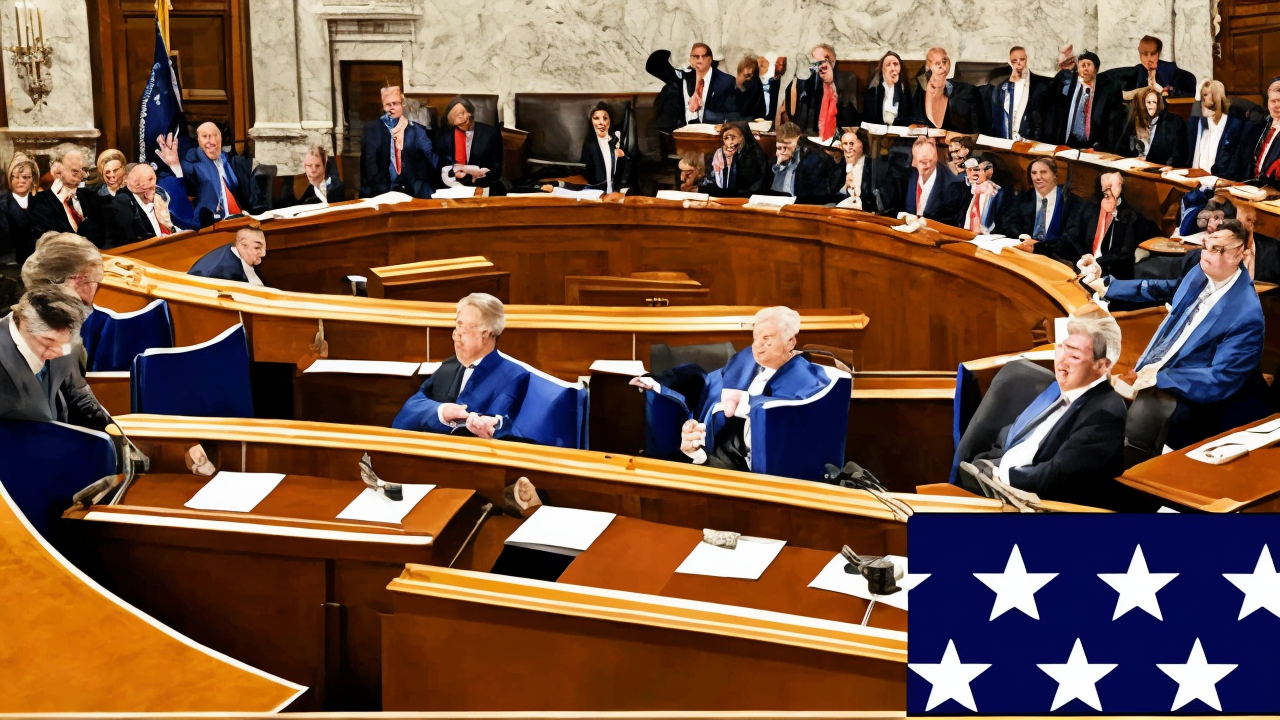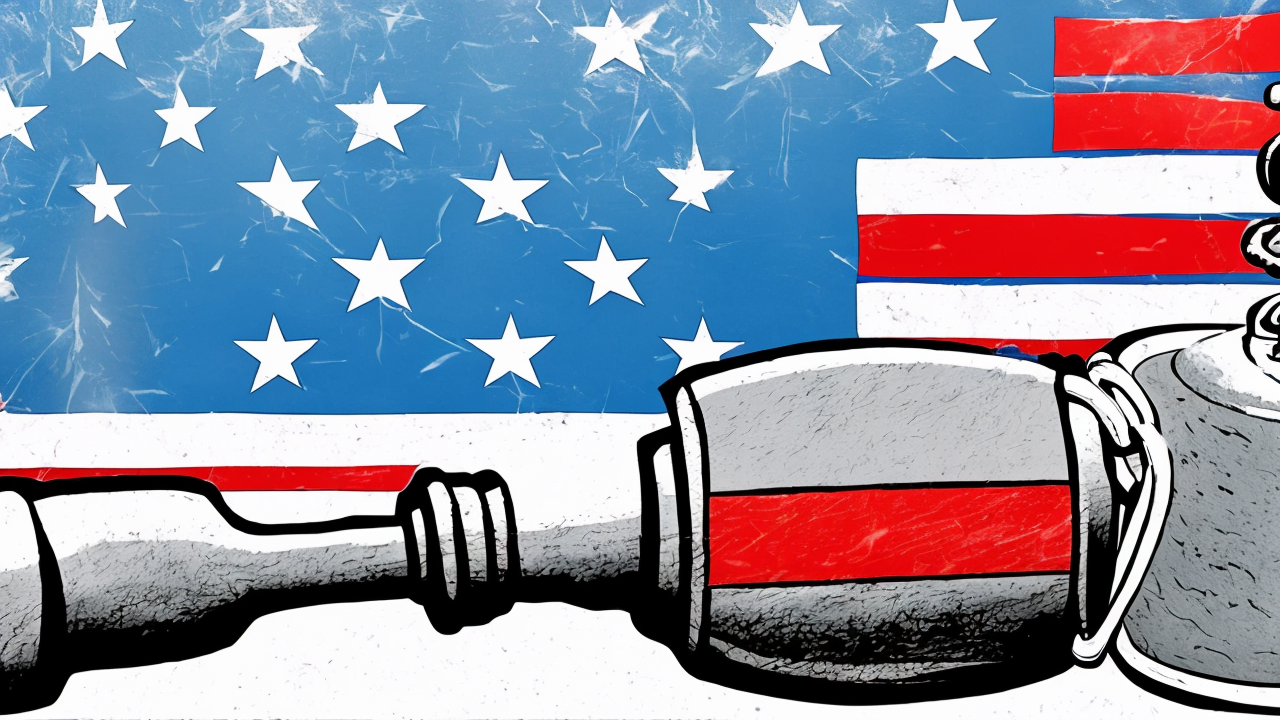Senate Rejects Trump’s Tariffs on Brazil in Bipartisan Vote

The U.S. Senate’s 52-48 vote to end President Donald Trump’s national emergency declaration and terminate the 50 percent tariffs on Brazilian imports marks a pivotal moment in the nation’s economic direction. While the decision was framed as a rebuke to executive overreach, it also reflected a deeper, more enduring principle: that true national strength is built not on protectionist barriers but on sound policy, economic stability, and cooperation with allies.
Five Republican senators—Thom Tillis of North Carolina, Susan Collins of Maine, Lisa Murkowski of Alaska, Mitch McConnell, and Rand Paul of Kentucky—joined their Democratic colleagues in opposing the tariffs. Their actions were not driven by partisan loyalty but by a shared concern for American farmers, small businesses, and consumers. These groups, often the backbone of rural and local economies, bore the brunt of disrupted supply chains and rising costs. The tariffs, intended to pressure Brazil on environmental policies, instead harmed American producers who rely on stable, predictable trade relations.
The underlying flaw in the administration’s approach was not the goal of protecting American interests, but the method. Economic policy should serve the people, not serve political theater. When tariffs are used as leverage, they do not strengthen domestic industries; they distort markets, reduce efficiency, and raise prices for everyday goods. American farmers, who depend on exports and international partnerships, saw their markets shrink as partners responded in kind. Small businesses, already navigating tight margins, faced increased input costs and weakened demand.
This outcome is not new. History shows that protectionist policies rarely deliver lasting benefits. They may offer temporary relief, but they often lead to retaliation, reduced innovation, and a decline in global trust. In a world where supply chains are deeply interconnected, isolating oneself economically is not strength—it is a retreat from responsibility.
The conservative tradition has long emphasized fiscal discipline, personal responsibility, and the dignity of work. These values are undermined when government substitutes arbitrary tariffs for market-driven solutions. True economic prosperity comes not from erecting barriers, but from empowering individuals, encouraging entrepreneurship, and fostering open, fair competition. When the government intervenes to favor one group over another, it erodes trust in institutions and weakens the very foundation of a free economy.
The Senate’s decision reflects a growing consensus that economic policy must serve the long-term good, not fleeting political gains. It signals a return to principles that have guided American prosperity for generations: free markets, responsible governance, and respect for the rule of law. The fact that Republicans—many of whom have historically championed free trade—joined Democrats in opposing the tariffs shows that even within the same party, common sense and economic reality can prevail.
This moment should not be dismissed as a minor policy shift. It is a reminder that national strength is not measured in tariffs or trade disputes, but in the resilience of communities, the vitality of markets, and the stability of alliances. When we choose cooperation over coercion, transparency over secrecy, and long-term planning over short-term posturing, we honor the values that have made this nation strong.
The vote on Brazil was not about Brazil. It was about the kind of country we want to be. A nation that leads not through fear or force, but through example, integrity, and a commitment to the common good. The Senate’s action was not a surrender—it was a reaffirmation of a better way forward.
Published: 10/29/2025








